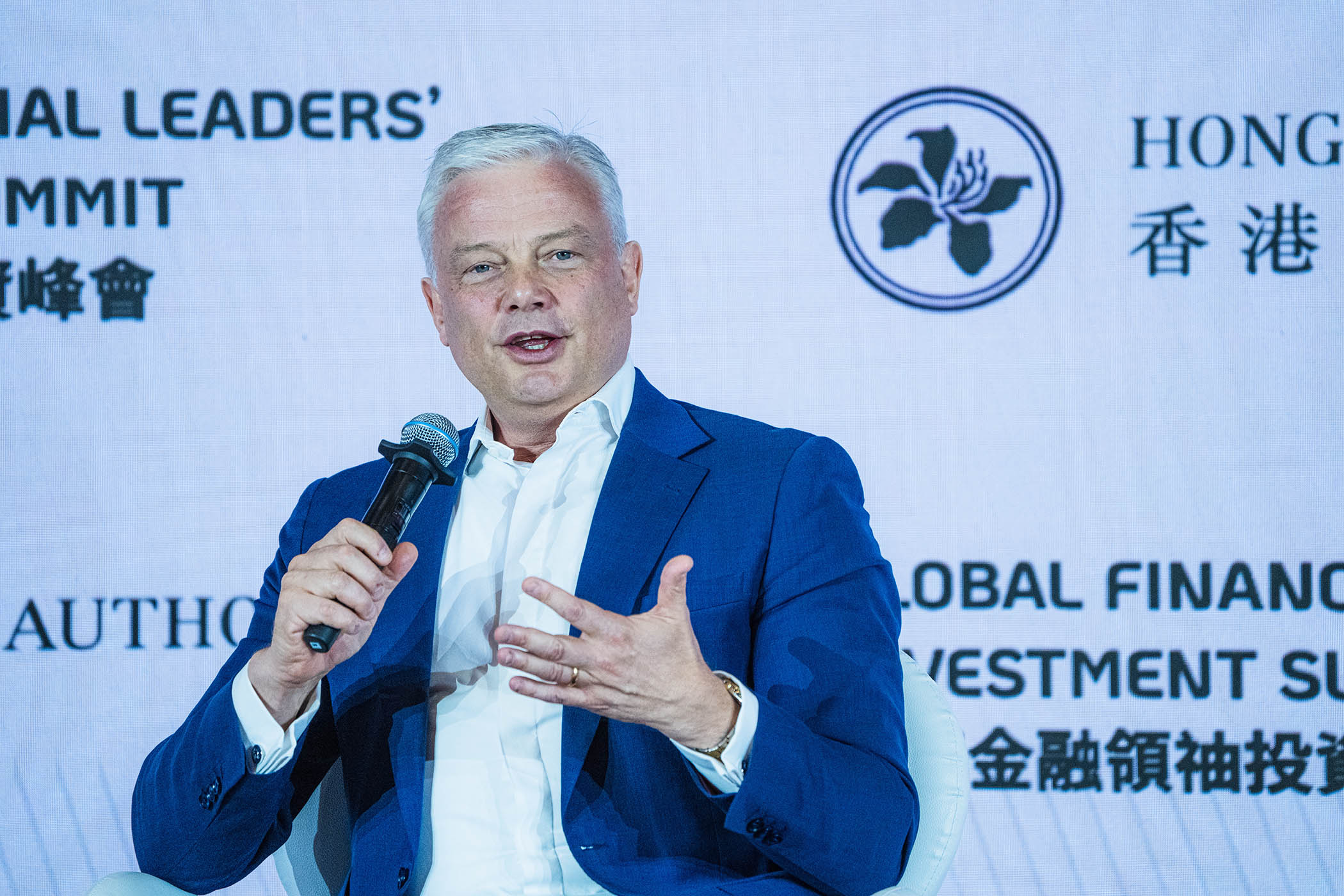Stephanie Costello, an event manager, was at a crucial point in her IVF cycle when she was made redundant.
Unusually, given the stigma surrounding infertility, she had been candid with her boss, listing the dates she expected to be absent to allow her employer to plan ahead. Then she got the call: she was being laid off. The end of her employment fell days before her first embryo transfer, when she might become legally pregnant.
A new campaign wants to bring an end to situations like this. Last Tuesday, the MP Alice Macdonald called for a statutory right to paid fertility leave in parliament. She cited research by Fertility Matters at Work, which showed firms are losing £53.8m a year because employees, fearing retribution, hide short fertility appointments behind sick days. This costs the UK economy £27.8m a year in productivity.
The findings came in the same week the government’s Keep Britain Working review, chaired by Charlie Mayfield, showed one in five British adults are “economically inactive”, with the number out of work due to long-term sickness up by 800,000 since 2019 – a number projected to rise by another 600,000 by 2030. This “quiet but urgent” crisis costs the economy £85bn a year, said Mayfield.
The Fertility Matters at Work report found 6% of employees with fertility problems have left their job due to inadequate support. Businesses are spending £217.3m a year, or £35,317 per employee, to replace them.
Natalie Sutherland, a partner at International Family Law, became the UK’s first fertility officer in a previous role. “I helped people through ectopic pregnancy, egg freezing and miscarriage,” she said. Colleagues told her that, “had we not had this, they would have left”.
Ferring Pharmaceuticals, the Swiss drug giant, introduced a fertility policy three years ago which includes financial support for fertility treatment, and paid time off for those going through it. Of the company’s 7,000 employees, 225 have taken advantage of the policy. Christelle Beneteau, the company’s chief people officer, said the business benefits were obvious. “When you ask why people joined, it’s always one of the top three reasons,” she said. “This policy is for attraction, retention and engagement,” she added. “We’re not a charity.”
Photography by Getty
Newsletters
Choose the newsletters you want to receive
View more
For information about how The Observer protects your data, read our Privacy Policy



